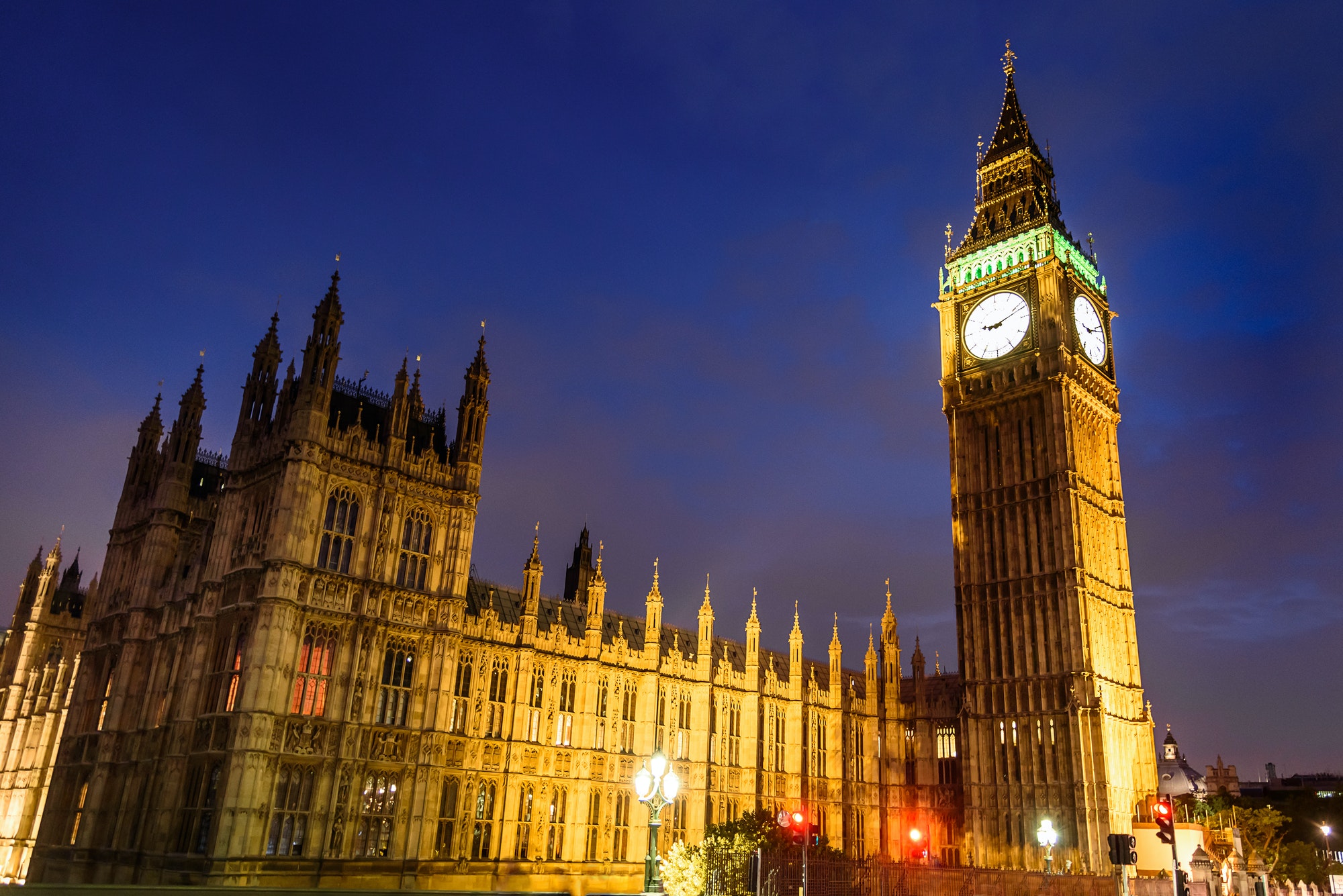Victims and survivors will have a greater level of protection, support and rights with the Domestic Abuse Act receiving Royal Assent on 29 April.
Among the provisions are:
- placing a duty on local authorities in England to provide support to victims and their children in refuges and other safe accommodation;
- ensuring all eligible homeless victims of domestic abuse automatically have priority for homelessness assistance;
- establishing the post of Domestic Abuse Commissioner, to stand up for victims and survivors, raise public awareness, monitor the response of local authorities, the justice system and other statutory agencies, and hold them to account in tackling domestic abuse;
- creating a new offence of non-fatal strangulation;
- extending the controlling or coercive behaviour offence to cover post-separation abuse;
- extending the revenge porn offence to cover the threat to disclose intimate images with the intention to cause distress to another person;
- clarifying the law to further deter claims of “rough sex gone wrong” in cases involving death or serious injury;
- invalidating any courtroom defence of consent where a victim suffers serious harm or is killed;
- placing guidance supporting the Domestic Violence Disclosure Scheme (Clare’s Law) on a statutory footing;
- stopping vexatious family proceedings which can further traumatise victims by clarifying the circumstances in which a court may make a barring order under the Children Act 1989;
- creating a statutory presumption that victims of domestic abuse are eligible for special measures in criminal, civil and family courts, such as enabling them to give evidence via a video link; and
- prohibiting GPs and other health professionals from charging a victim of domestic abuse for a letter to support an application for legal aid.
Among the act’s provisions more focused on perpetrators are:
- new Domestic Abuse Protection Notices, giving police more powers to give victims immediate protection from abusers;
- new Domestic Abuse Protection Orders to prevent perpetrators from contacting their victim and forcing them to take steps to change their behaviour by seeking mental health support or drug and alcohol rehabilitation;
- prohibiting perpetrators from cross-examining their victim in person in family and civil courts in England and Wales;
- enabling domestic abuse offenders to be subject to polygraph testing as a condition of their licence following their release from custody;
- placing a statutory duty on the government to publish a perpetrator strategy as part of a holistic domestic abuse strategy; and
- extending the extraterritorial jurisdiction of the criminal courts in England and Wales, Scotland and Northern Ireland to further violent and sexual offences.
The act also creates a statutory definition of domestic abuse, emphasising that it is not just physical violence but can also be emotional, coercive or controlling, and economic abuse.
Children are explicitly recognised as victims if they see, hear or otherwise experience the effects of abuse.
The dates when many of the act’s provisions come into force have yet to be determined.











